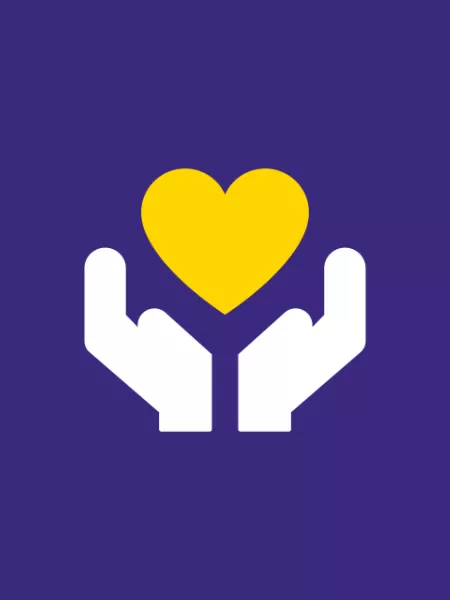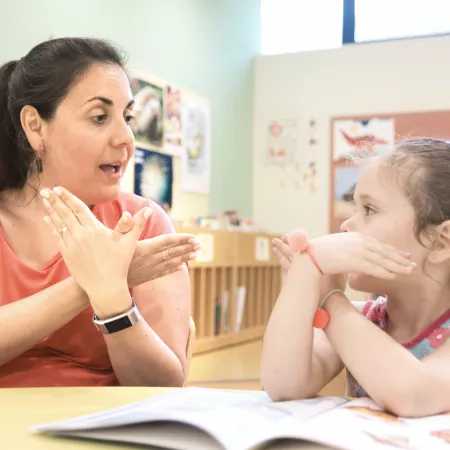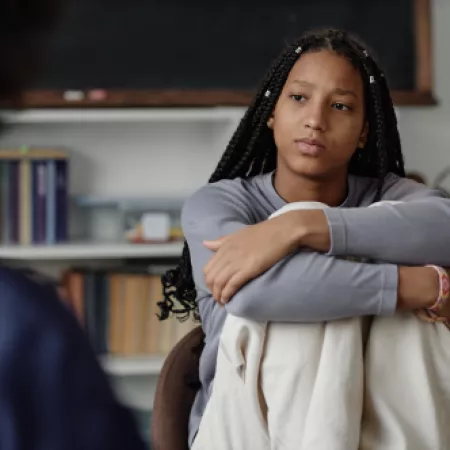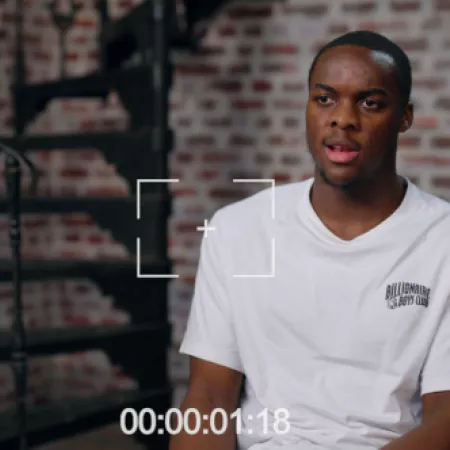Why do children and young people need support to stay included?
Every child and young person has the right to education and play. Being fully included is key to achieving their ambitions and dreams. It sets them up for a life of stability and financial security, equality of opportunity, self-dependency, and confidence to be an active member of society.
Education and play is vital in developing a person’s personality, talents and abilities. They meet other children and young people, make friends and join social and sport groups. It is where they can access information and express their views and feelings.
Due to common misunderstandings about epilepsy, and what people mistakenly think it means someone can and can’t do, children and young people have been met with unnecessary barriers preventing them from doing all the things they are capable of. They often find themselves excluded from studies and exams. Missing out of sport, trips and social gatherings.
Unaddressed, this can isolate them from important developmental and life experiences and impact their mental health. As they grow up it could limit their social mobility, financial independence, and career progression. We’re here to help!
It is a schools’ responsibility to make reasonable adjustments, with the right support, understanding and an individualised approach, so that students can be safely included in all aspects of school and college life.










